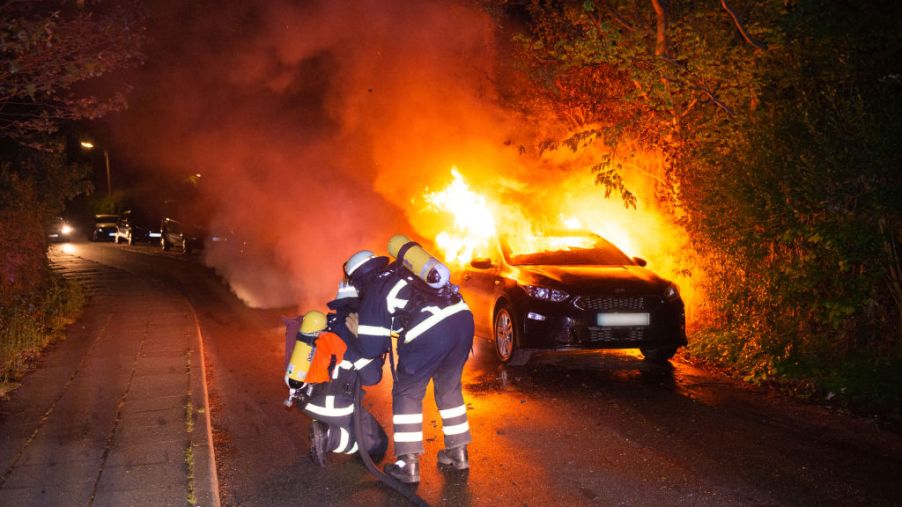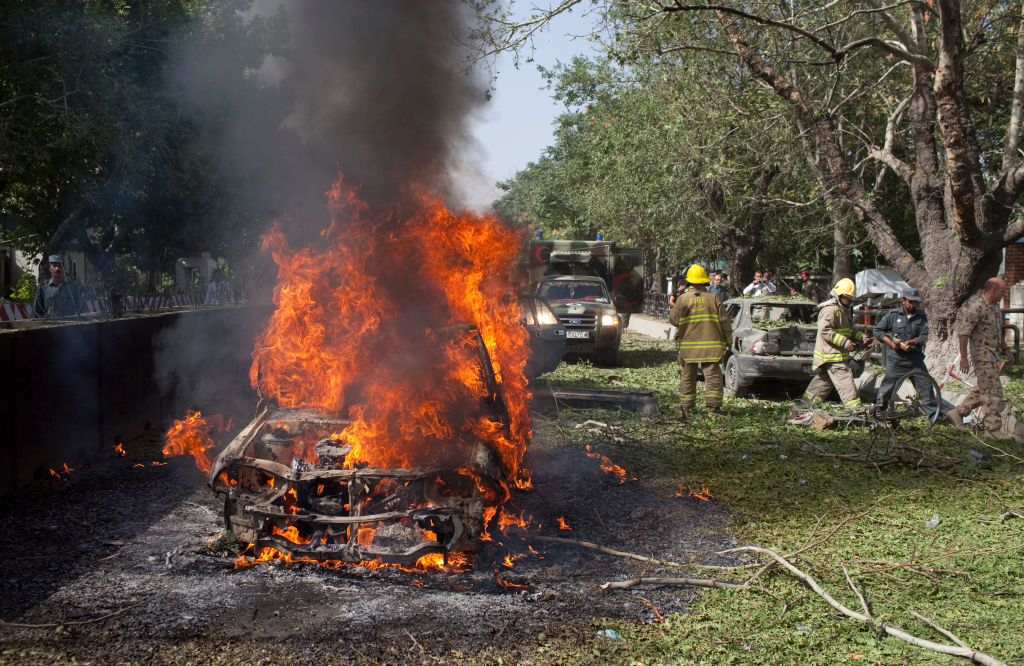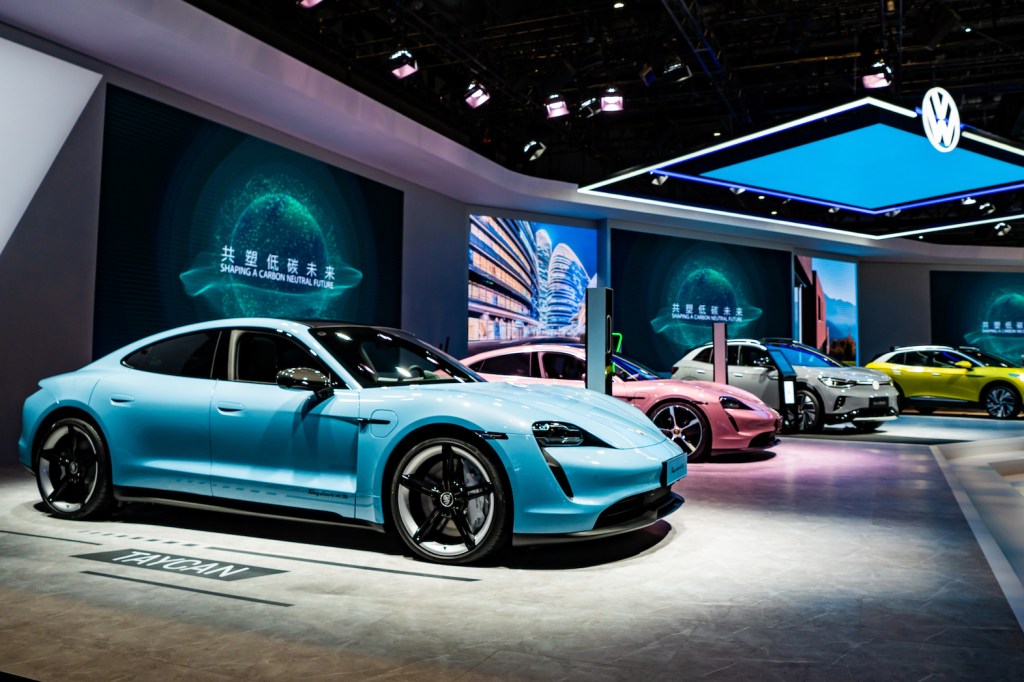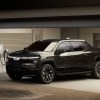
Are Electric Cars More Likely to Catch on Fire?
If you watch the news, chances are you’ve heard at least a few cases of electric cars or hybrid vehicles catching on fire. With many drivers feeling apprehensive about the switch, the potential for a fire, however small it may be, can be enough to send test-drivers running home to their gasoline-powered cars. But is there any reason to believe electric cars are more likely to catch on fire than a gasoline-powered car or is it all just in our heads?
Electric car fires in the news
In the past year, electric and hybrid vehicles have continued to grow in popularity. As a result, we see more manufacturers stepping up to enter the market, producing different versions of new electric and hybrid vehicles. In fact, even the more affordable electric vehicles like the Chevrolet Bolt are now under recall for fire concerns, with 5 reported cases so far. But electric cars aren’t the only types of vehicles that we hear about catching on fire.

Gasoline-powered car fires
Electric car fires are usually caused by the batteries that power the car overheating, though that isn’t always the case. This is significantly different than gasoline-powered car fires, as they are more likely to catch fire from an oil leak or gas leak. There are some cars that are famous for catching fires and even exploding, and all of them are standard gas-powered cars.

Hope for the future
There is a lot of time and money that goes into designing a new car, and despite rounds of safety tests, the only way to know what can go wrong with a car is by getting it out on the road and really driving it. This is part of the reason why it’s always better to buy the later models of a car in each generation because most of the issues will have been discovered and resolved by then.
Electric cars and hybrid cars are still new to the market, even if the models are a few years old. It makes sense that not all of the problems have been discovered, but regardless, manufacturers keep a close eye on potential problems and do everything they can to resolve the quickly. Just like gasoline powered cars, no manufacturer intentionally sells a car that they believe will catch on fire.

Just because you may see electric cars in the news more often for fires doesn’t necessarily mean that they are more likely to catch on fire. There are much less moving components in an electric vehicle than in a gasoline-powered car, so there is much less that can go wrong with them. This is also what makes electric cars and hybrids cheaper and easier to maintain.


